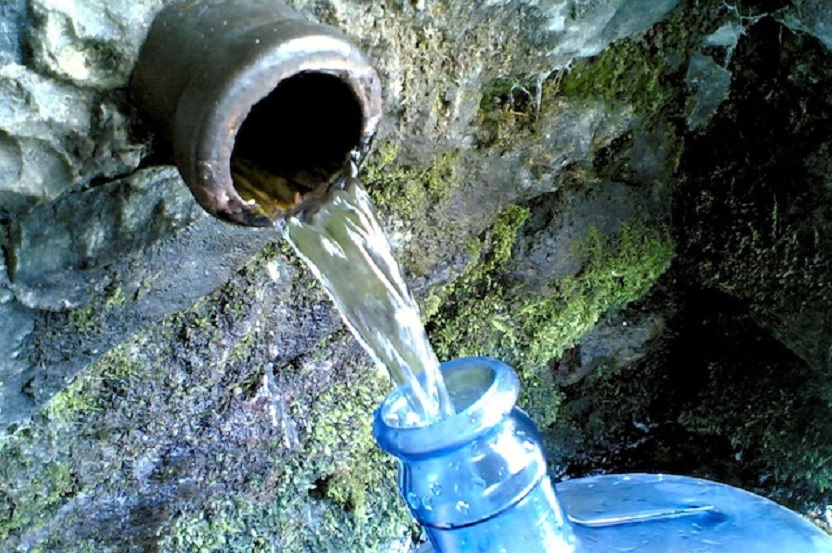RSV, HPV, shingles high value-added vaccine market… Intense competition led by global big pharma
(Graphics = Reporter Son Mi-kyung sssmk@)
Attention is being paid to whether premium vaccines can be a way for pharmaceutical and bio companies to increase sales. Although there is no government support, companies are competing to secure market share in the private vaccination market, where pricing is relatively free.
According to the vaccine industry on the 00th, domestic and foreign companies are recently rushing to expand the vaccine business to prevent shingles, respiratory syncytial virus (RSV), and human papillomavirus (HPV). These vaccines are representative premium vaccines and are not included in the National Immunization Program (NIP), so the recipient must pay the full cost for vaccination depending on their needs. The domestic premium vaccine market is led by global big pharma companies such as Sanofi, MSD, and GSK.
Sanofi is currently preparing to launch ‘Bayportus’, an RSV prevention antibody injection for infants and young children. Bayportus was jointly developed by Sanofi and AstraZeneca, and was approved by the Ministry of Food and Drug Safety in April this year as a biopharmaceutical, not a vaccine. Bayportus prevents infection by directly injecting antibodies, and its mechanism is different from vaccines that inject antigens. However, like vaccines, it is used for the purpose of preventing infection, and is categorized as a premium vaccine in the industry.
RSV is a virus that spreads through the conjunctiva or nasal mucosa, and its symptoms are similar to a cold, including sneezing, stuffy nose, sore throat, and fever. Infants and the elderly can develop pneumonia, so demand for antibody injections is expected to remain constant. Competition for launch is fierce in the global market as well, with GSK receiving approval for ‘Arexvi’ for adults over 50 years of age, and Pfizer’s ‘Abrisvo’ for adults over 60 years of age and pregnant women, approved by the U.S. Food and Drug Administration (FDA).
<img src="https://img.etoday.co.kr/pto_db/2024/10/600/20241028152559_2094415_1200_377.png" width="600" height="188" alt="▲(From left) Sanofi and AstraZeneca's RSV prevention antibody injection 'Bayportus', MSD's HPV vaccine 'Gardasil 9‘, and SK Bioscience’s shingles vaccine ‘Sky Zoster‘ products. (Photo provided by each company)”/>
▲(From left) Sanofi and AstraZeneca’s RSV prevention antibody injection ‘Bayportus’, MSD’s HPV vaccine ‘Gardasil 9’, and SK Bioscience’s shingles vaccine ‘Sky Zoster’ products. (Photo provided by each company)
Domestic companies such as SK Bioscience and Eubiologics are also developing RSV vaccines as their main pipeline.
MSD is solidifying its position in the HPV vaccine market. The company is monopolizing the market by focusing on expanding vaccinations for Gardasil 4-valent and 9-valent vaccines. The HPV vaccine is currently being applied under the NIP project to female adolescents aged 12 to 17 and low-income women aged 18 to 26. However, the target vaccines are bivalent and quadrivalent, and the nine-valent vaccine and vaccination for men still remain in the private market.
MSD has maintained a monopoly on the HPV 9-valent vaccine for more than 10 years. Since the Gardasil 9-valent vaccine received FDA approval in 2014, no competing products have emerged. Even GSK, which was considered the only competitor by developing the bivalent vaccine ‘Cervarix’, announced in July this year that it was abandoning the phase 2 clinical trial of the next-generation HPV vaccine, saying, “We are not sure whether it will be successful.” If the expansion of the HPV vaccine NIP being promoted by the government becomes a reality, MSD will occupy most of the public and private markets.
Among domestic companies, SK Bioscience is targeting the market with its shingles vaccine ‘Sky Zoster’. Currently, the domestic shingles vaccine market is divided between GSK’s Shingrix and Skyzoster. With MSD’s ‘Zostabox’ virtually withdrawn due to decreased demand, there are expectations that Sky Zoster will be able to increase its market share by boasting convenience and price competitiveness. Skyzoster requires only one dose to complete the vaccination and costs around 150,000 won. On the other hand, Shingrix requires two doses and costs around 400,000 won.
As the premium vaccine market grows, competition in research and development (R&D) and marketing among companies is expected to become more intense. According to the Korea Health Industry Development Institute, the global HPV vaccine market, which was $4.47 billion (KRW 6.1945 trillion) in 2021, is expected to grow to $8.69 billion (KRW 12.0382 trillion) by 2026. During the same period, the shingles vaccine market is also expected to grow rapidly from $2.88 billion (KRW 3.8791 trillion) to $4.4 billion (KRW 6.0957 trillion).
In particular, the RSV vaccine, which was commercialized in earnest last year, is expected to become a battleground for companies’ R&D. SVB Relink, an American investment bank, estimated that the global RSV vaccine market will approach $10 billion (KRW 13.856 trillion) by 2030.
An expert in the pharmaceutical and bio industry said, “Premium vaccines can be expected to be highly profitable not only in the domestic market but also in advanced countries such as the U.S. and Europe, where government price control is relatively weak and the population is aging, so R&D investments will continue in the long term.” “The key is to secure competitiveness in terms of price and effectiveness with selected products,” he said.


